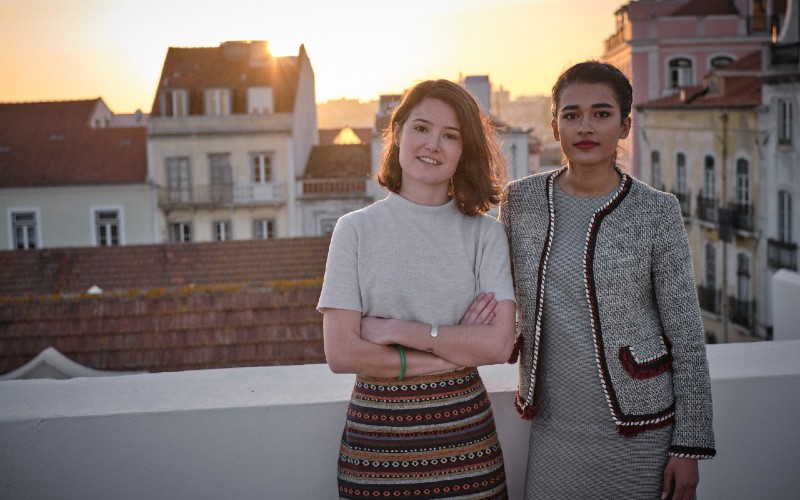Online language-learning platform Chatterbox has raised more than £1.5 million investment to help businesses tap the huge wealth of talent in refugee and marginalised communities.
Having established a client roster including Unilever, PwC and the British Red Cross, Chatterbox will now use the funding to develop its ‘diversity as a service’ offering with new products and services.
The remote-first startup is currently making strategic hires across product development, learning, sales and marketing.
This will fuel Chatterbox’s mission of connecting the world’s most talented, yet marginalised, people with rising opportunities in the digital economy.
The startup, which emerged from Brent Hoberman’s Founders Factory accelerator programme, received the pre-seed investment from Phil Libin’s All Turtles, operators at Not On The Highstreet and Goldman Sachs, Guardian Media Group Ventures, Mustard Seed Maze, RLC Ventures, and SoftBank.
As tech firms struggle with The Great Resignation and the ‘war for talent’, Chatterbox hopes to help them tap the estimated 40m degree-educated professionals currently living across OECD countries who are either long-term unemployed or underemployed.
These are often professionals from marginalised groups including single parents, older workers and refugees – which have risen dramatically in recent years following successive conflicts in Syria, Afghanistan and more recently, Ukraine.
Chatterbox was launched in 2016 by Afghani refugee Mursal Hedayat MBE in response to the Syrian war and based on her own mother’s experience of struggling to find highly-skilled work in the UK when the family moved from Afghanistan.
It initially started out as an online language learning school to help Syrian refugees earn a living by teaching Arabic to professionals looking to improve their language skills but has since grown to encompass other refugee and marginalised groups – with a proven track record of increasing team cultural intelligence, morale and engagement.
“As we’re seeing from the Ukrainian crisis, unfortunately, we live in a world where mass displacement of talented people from war, famine and even climate change is increasingly commonplace,” said CEO Hedayat.
“Whether it’s single parents, disabled workers or even refugees – this funding will help us further our mission of helping businesses engage with this amazing pool of marginalised talent, especially as the pandemic accelerates the shift towards globally distributed and remote-first firms.”


